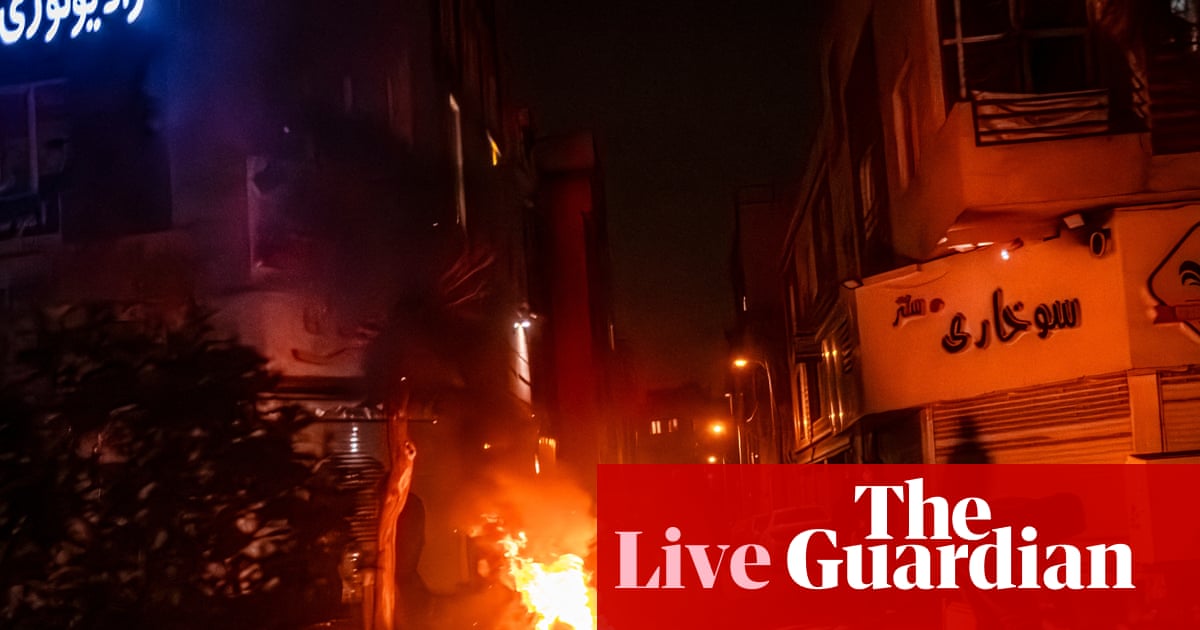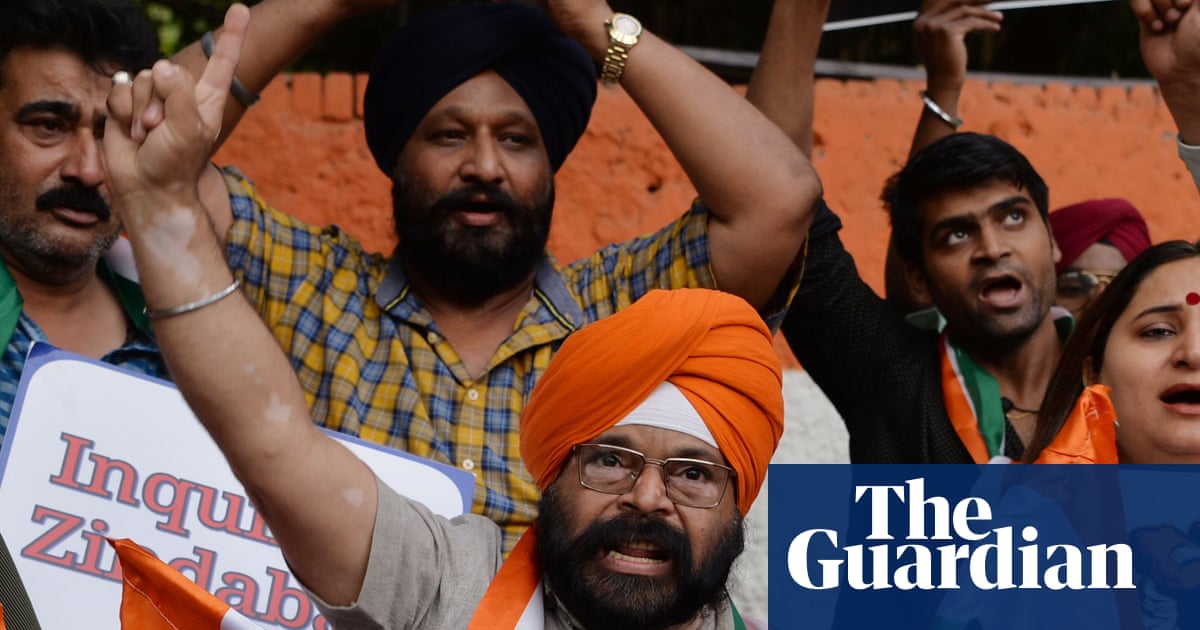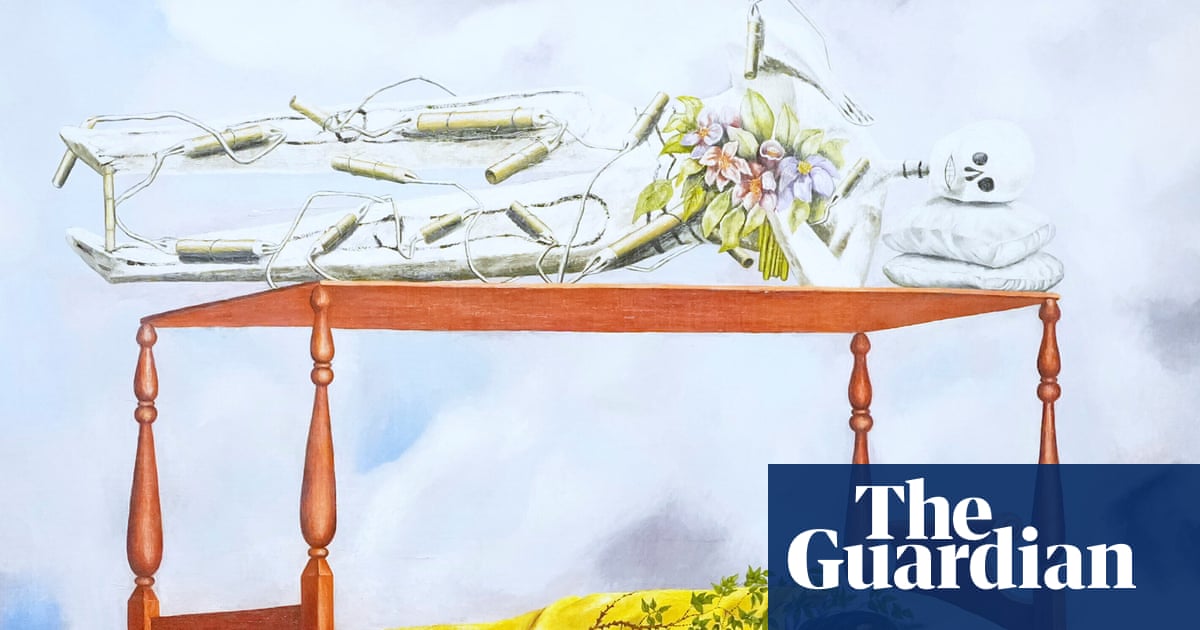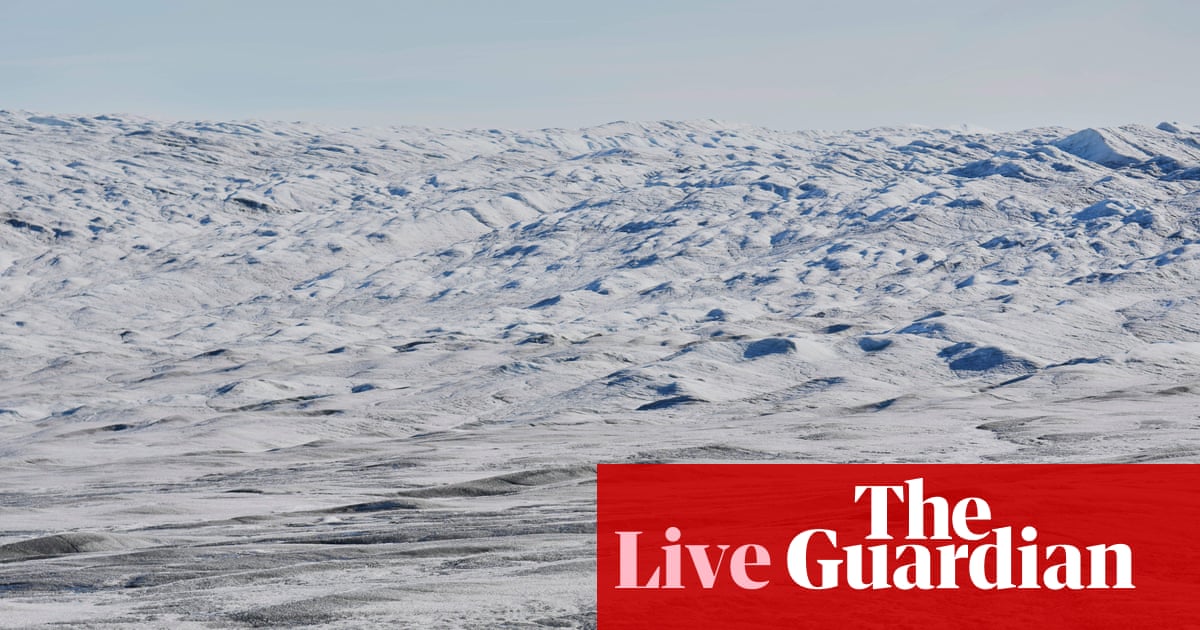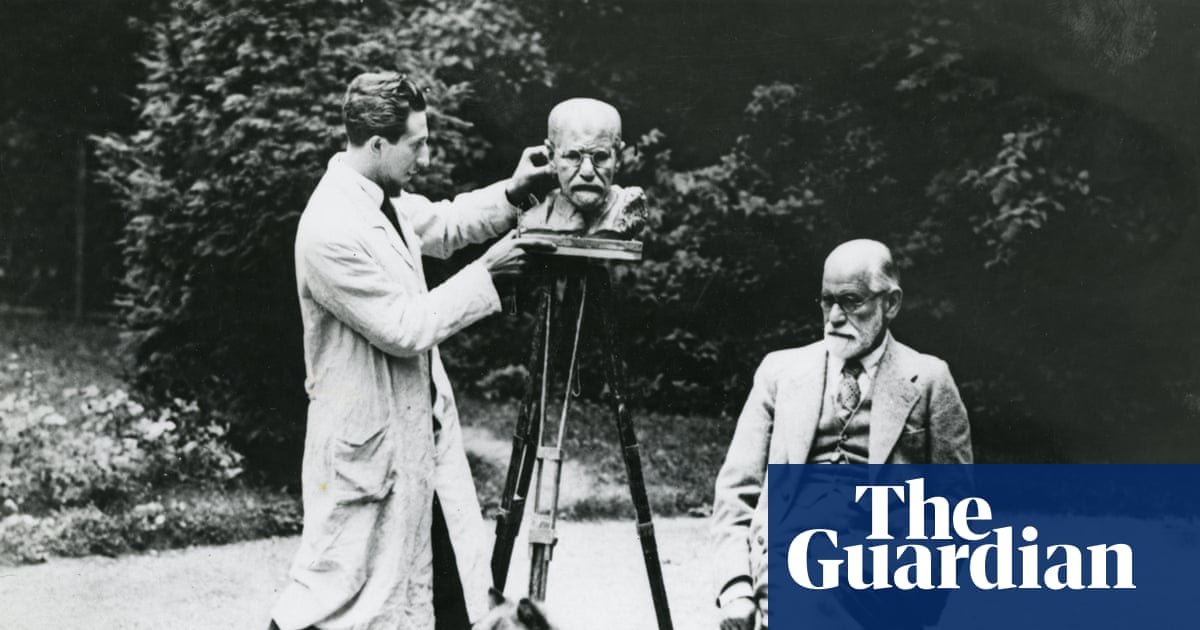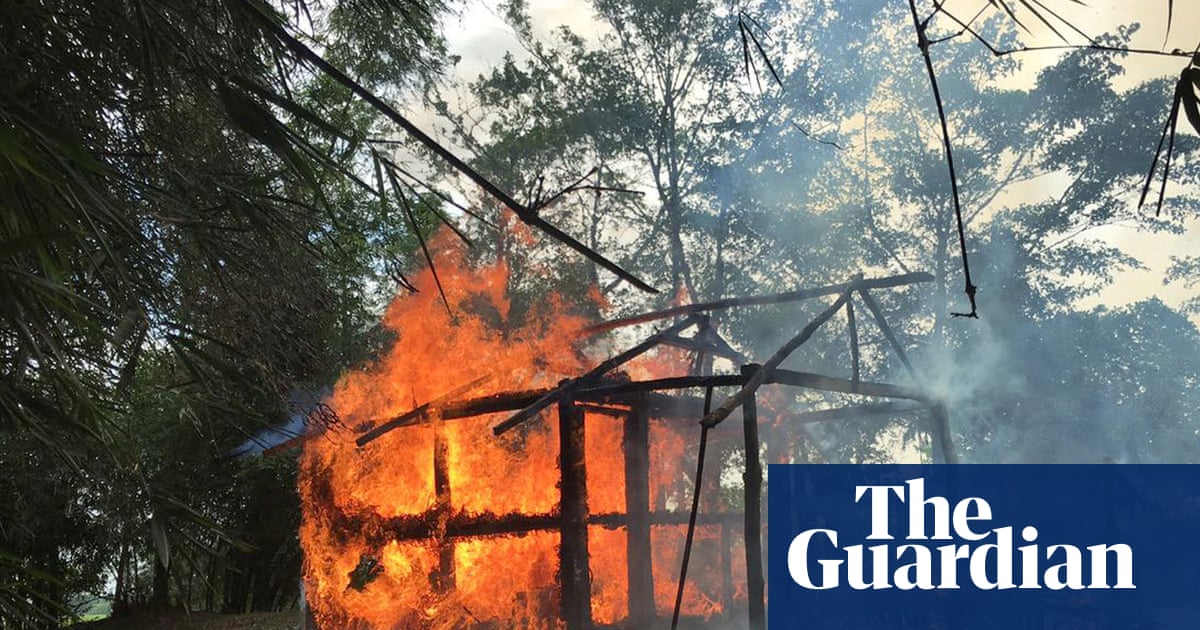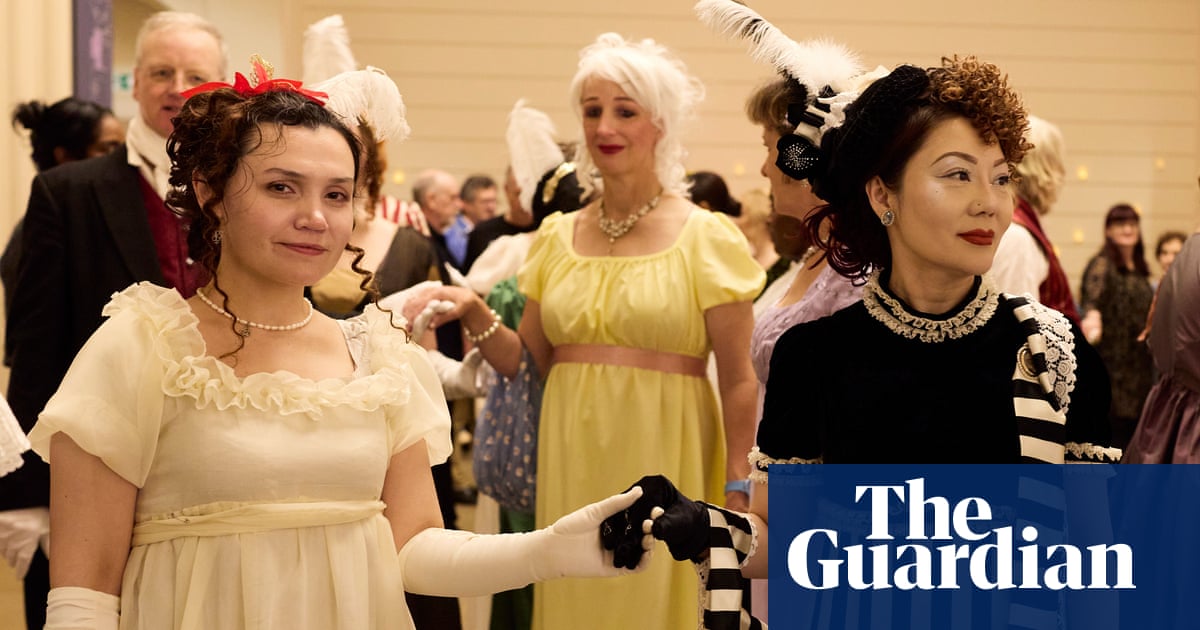The Booker prize is both a serious and celebratory undertaking. It should be, anyway, for those who care about literature, and I’ve certainly found it to be so since I began reading this year’s submissions on a stormy Devon beach on New Year’s Eve (fun, but subsequently I relied on the books, not ambient conditions, to provide the drama).
Now the shortlist is decided, I and my fellow judges – our chair, Roddy Doyle, who won the prize in 1993, the novelists Ayòbámi Adébáyò and Kiley Reid (both previous longlistees), and the actor, producer and publisher Sarah Jessica Parker – struggle to believe 153 books have become just six, and that our monthly meetings to discuss form, content and font size are at an end.
But our journey with this handful of extraordinary books continues, and journeys define them all in certain ways. In The Rest of Our Lives, by Ben Markovits, the law school professor Tom Layward drives his daughter to college and doesn’t stop, embarking on a pan-American odyssey that’s also an exploration of the self. Markovits’s America is peopled by divorcees who, like Dante’s pilgrim, have reached the middle of their lives only to discover they’re lost. The book is very funny and very sad, and Tom is a brilliantly realised character; someone you want to both listen to and argue with.
You might also find yourself wanting to argue with István, whose life story unfolds in David Szalay’s novel Flesh. But given that he’s someone who makes the phrase “a man of few words” seem wildly over the top, it probably wouldn’t last long. From his teenage years in Hungary to a tour of Iraq, his time as a doorman, driver and bodyguard, and his ascension to the ranks of the super-rich, István’s compelling story offers a striking portrait of modern Britain and explores desire and the limits of agency in prose stripped almost to the bone. This is a novel that shows how strongly character can be evoked with only scraps of what is typically the novel’s bumper crop: interiority.
Kiran Desai’s The Loneliness of Sonia and Sunny covers a much briefer span of time than Flesh – it begins in the mid-1990s and ends around 2002 – but has the feel, and at nearly 700 pages, the size, of a multigenerational epic. For all the book’s great scope, though, no detail is too granular to escape Desai’s notice. Through the love story of its two main characters, Indians torn between America and home, the book explores and enacts the tension between two paths for Indian fiction, social realism and magical realism, and fuses them to original and enthralling effect.
Social faultlines are everywhere in Andrew Miller’s The Land in Winter, set in the West Country during the punishing winter of 1962. Miller moves hypnotically between the surface of things – the work of a rural GP, of an inexperienced dairy farmer, of a woman discovering the demands and empty stretches of housewifery – and the deep currents of their desires. The two couples at the centre of the novel are as frozen as the landscape in which Miller places them, but huge changes are coming for them all – and the country in which they live.
The major change in Louisa Kang’s life – her near drowning, and the loss of her father – is described right at the outset of Susan Choi’s Flashlight, which proceeds to chart the events leading to and resulting from that calamity. This is both a historical novel on a grand scale, beginning in immediately postwar Japan and ending more or less in the present day, and a deeply intimate one. Through the interrelations between Louisa and her parents, the Korean Japanese academic Serk and white American Anne, Choi gives us a deeply affecting account of a family spinning in history’s wake.
A mother, father and child also occupy the centre of Katie Kitamura’s Audition. Or do they? This challenging, ingenious novel, in which things are tense, verging on menacing, from the first page, begins with an actor, in rehearsals for a new Broadway play, having lunch with a young man who believes she is his mother. As well as being about the relationship between parents and children, this is a novel that takes our claims for art – that it opens a space of possibility, probes at taboos, shows us other ways of being – and makes them thrillingly literal. Like all its companions on this year’s shortlist, the questions and moods it summons live on long after the book is closed.
after newsletter promotion

 3 months ago
97
3 months ago
97
